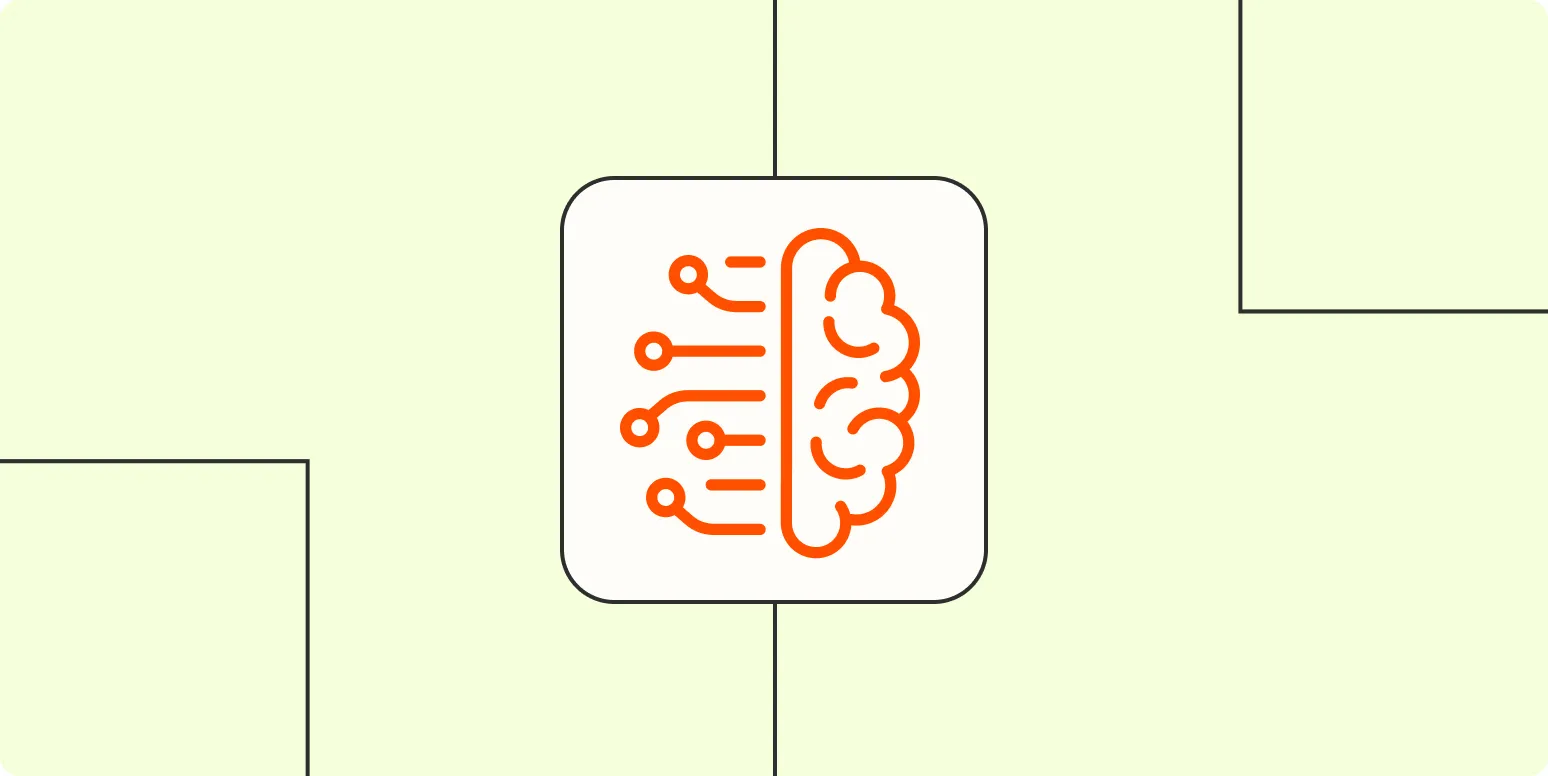Understanding AI Ethics
Artificial Intelligence (AI) is becoming an integral part of various industries, making it crucial to understand the ethical implications associated with its use. As AI systems continue to evolve, they raise several ethical issues that need to be addressed to ensure responsible development and deployment. This article delves into the key ethical issues surrounding AI, highlighting the importance of establishing guidelines and frameworks to promote responsible AI use.
Key Ethical Issues in AI
As AI technologies advance, several ethical concerns emerge. The following are some of the primary ethical issues associated with artificial intelligence:
| Ethical Issue | Description |
|---|---|
| Bias and Discrimination | AI systems often learn from historical data, which can contain biases. If these biases are not addressed, AI may perpetuate or even exacerbate discrimination against certain groups. |
| Transparency | Many AI systems operate as "black boxes," making it difficult to understand how decisions are made. This lack of transparency can erode trust in AI applications. |
| Accountability | Determining who is responsible for the actions of AI systems can be challenging. If an AI system causes harm, it is crucial to establish accountability. |
| Privacy Concerns | AI often requires vast amounts of data to function effectively. This raises concerns about data privacy and the potential misuse of personal information. |
| Job Displacement | The automation capabilities of AI threaten to displace jobs in various sectors, raising ethical questions about the future of work and economic inequality. |
Addressing Bias and Discrimination
One of the most pressing ethical issues is the potential for bias and discrimination in AI systems. Algorithms can inadvertently learn and propagate existing societal biases present in training data. This issue is particularly relevant in sectors such as hiring, lending, and law enforcement, where biased AI can lead to unjust outcomes.
To combat bias, organizations must implement rigorous auditing processes for datasets. Techniques such as diversifying training data, employing bias detection algorithms, and involving diverse teams in the development process can help mitigate this issue. Ensuring that AI systems operate fairly and justly is essential for building a more equitable future.
The Importance of Transparency
Transparency in AI is vital for fostering trust among users and stakeholders. When AI systems are opaque, users may be hesitant to rely on them, particularly in high-stakes situations such as healthcare or criminal justice. Ensuring that AI technologies are explainable can help users understand how decisions are made and the rationale behind them.
Organizations can promote transparency through the adoption of clear documentation practices, user-friendly explanations of AI functionality, and open communication about the limitations of AI systems. By doing so, they can enhance user confidence and facilitate more informed decision-making.
Establishing Accountability
As AI systems become more autonomous, the question of accountability grows increasingly complex. In cases where AI causes harm, identifying the responsible party—be it the developer, organization, or the AI itself—can be challenging. Establishing clear accountability frameworks is essential to ensure that victims can seek redress and that developers are held to ethical standards.
Organizations should develop comprehensive policies outlining accountability measures and engage in discussions with stakeholders to create a shared understanding of responsibility in the context of AI applications. This proactive approach can help mitigate risks and establish trust in AI technologies.
Protecting User Privacy
Privacy concerns are another critical ethical issue in AI development. AI systems often require extensive data to enhance their performance, which raises questions about how this data is collected, stored, and used. Users must have confidence that their personal information is protected and used ethically.
Implementing robust data protection measures, such as data anonymization, encryption, and strict access controls, can help organizations safeguard user privacy. Additionally, organizations should be transparent about their data usage policies and give users control over their information, fostering a culture of trust.
Addressing Job Displacement
The rise of AI and automation presents serious implications for the workforce, leading to job displacement in various sectors. As AI systems become more capable, many traditional jobs may become obsolete, exacerbating economic inequality and social unrest.
To address these concerns, governments and organizations must invest in retraining programs and initiatives that prepare workers for the evolving job landscape. By fostering a culture of lifelong learning and adaptability, society can mitigate the negative impacts of AI on employment and create a workforce that thrives in the age of automation.
Conclusion
The ethical implications of artificial intelligence are multifaceted and require careful consideration. By addressing issues such as bias, transparency, accountability, privacy, and job displacement, organizations can promote responsible AI development and deployment. Engaging in ongoing dialogue about AI ethics will be essential for shaping a future where technology serves humanity in a fair and just manner.





